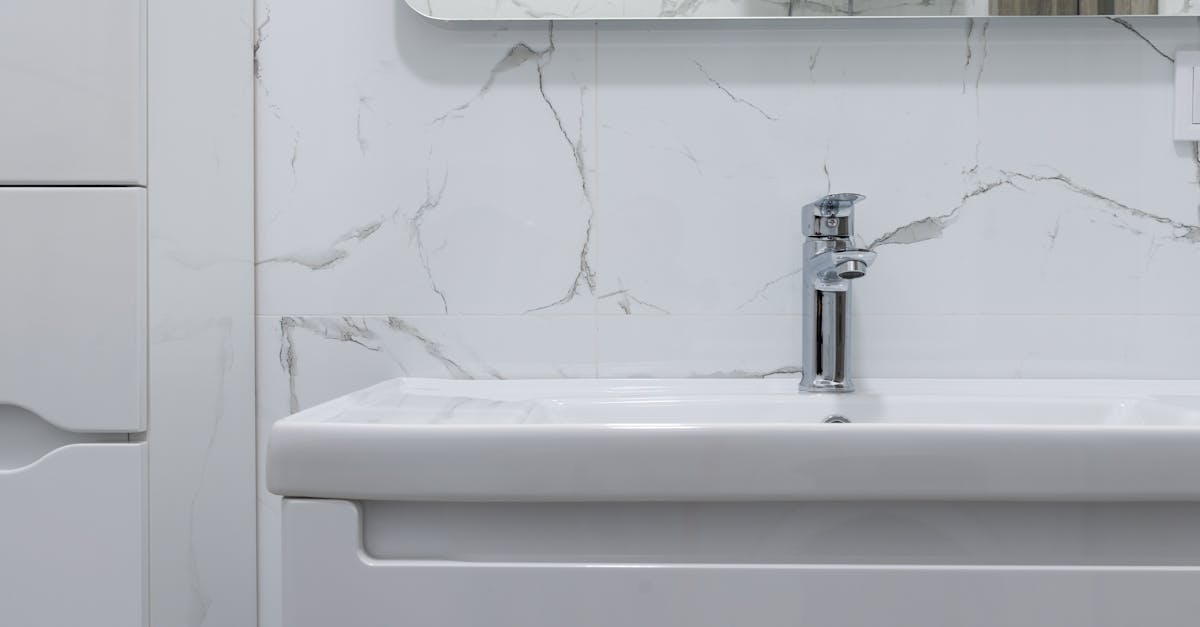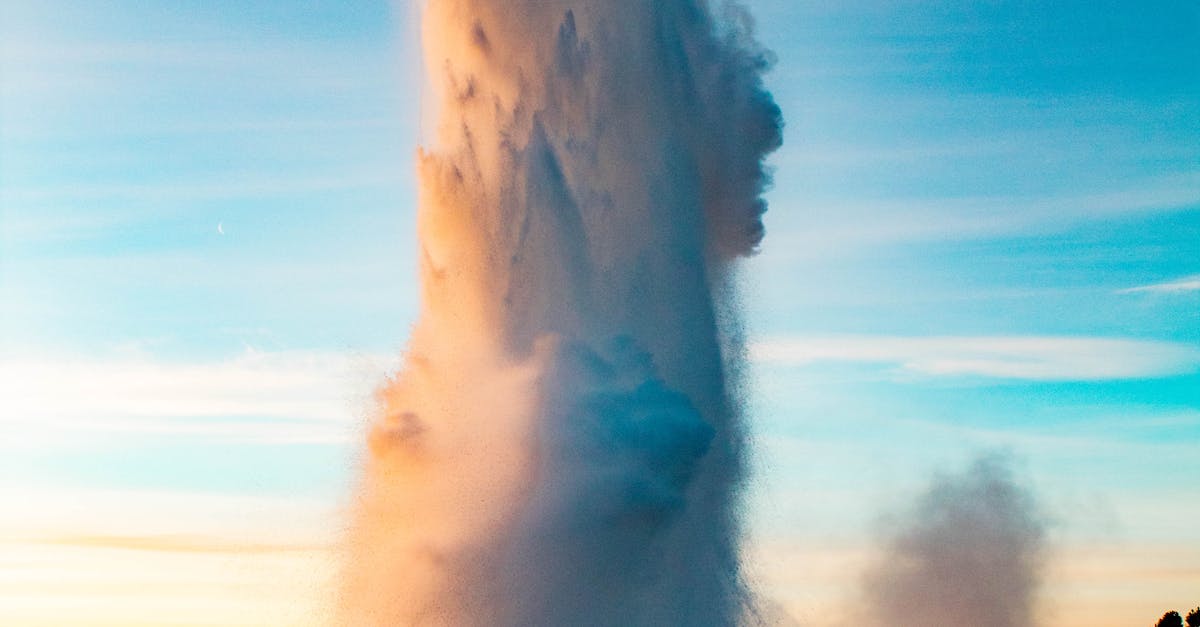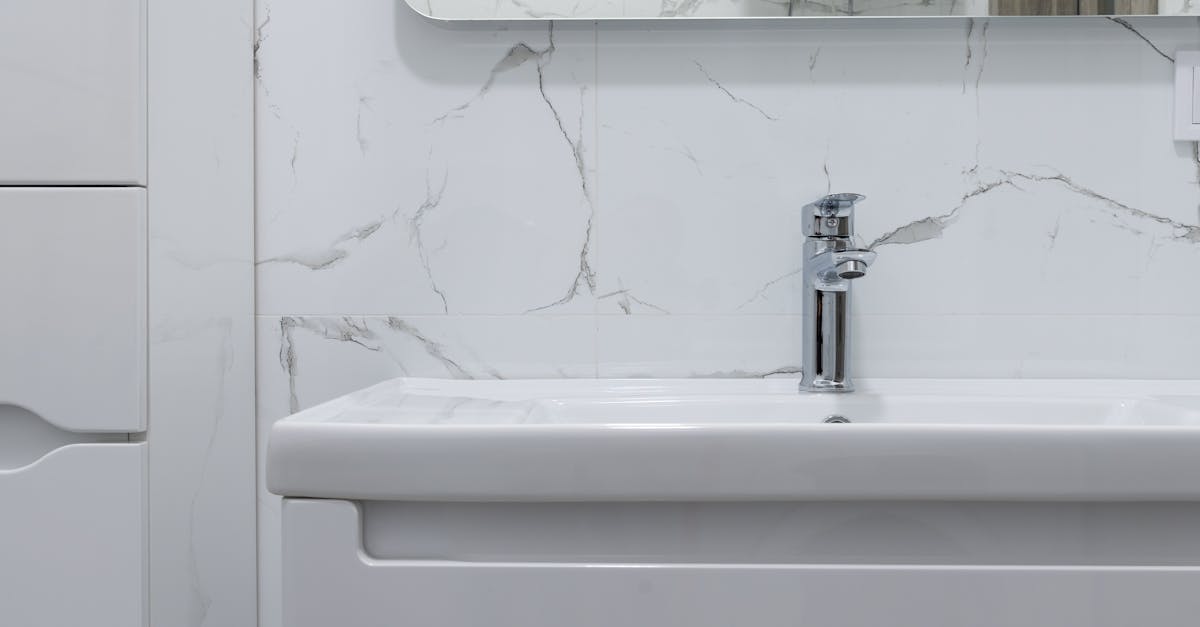
Table Of Contents
Ensuring proper insulation
Ensuring proper insulation is crucial in maintaining the efficiency of your hot water system. When hot water pipes lack adequate insulation, heat can be lost as water travels from the heater to your faucet. This can result in lukewarm water instead of the desired hot water temperature. By insulating your hot water pipes, you can help retain more heat, improving the overall performance of your hot water system. Hot Water System Troubleshooting involves checking the insulation on your pipes and ensuring that it is in good condition to prevent heat loss and maintain the desired water temperature throughout your home.
Lack of insulation on hot water pipes
As you ponder why your water temperature seems off, one critical element to inspect is the insulation on your hot water pipes. In the realm of Hot Water System Troubleshooting, the lack of proper insulation on these pipes could be a leading culprit in delivering less-than-desirable lukewarm water into your taps. In essence, insufficient insulation can cause heat loss as the hot water travels through the pipes, resulting in tepid water rather than the hot water you intended to have.
The absence of adequate insulation could be allowing heat to escape from the hot water pipes as they wind their way through your home. This heat loss is particularly noticeable in colder regions or during chilly seasons. Hot water temperatures can significantly drop by the time they reach your faucet if the pipes lack proper insulation. Hence, to ensure that your hot water retains its desired warmth, it is crucial to address any insulation inadequacies promptly.
Importance of regular maintenance
Hot Water System Troubleshooting is a critical aspect of maintaining your water heater's efficiency. Regular maintenance ensures that your water heater operates at its best, providing you with the hot water you need. Neglected water heater upkeep can lead to various issues, including lukewarm water, decreased efficiency, and even potential breakdowns. By staying proactive with maintenance tasks such as flushing the tank, checking for leaks, and inspecting the heating elements, you can extend the lifespan of your water heater and avoid inconvenient disruptions in your hot water supply.
Furthermore, scheduling regular maintenance can also help you identify any potential problems early on, allowing you to address them before they escalate. Ignoring necessary maintenance tasks can result in costly repairs or even the need for a premature replacement of your water heater. By investing in regular upkeep, you not only ensure that your water heater continues to function properly but also save yourself time and money in the long run.
Neglected water heater upkeep
Neglected water heater upkeep can play a significant role in the temperature of the water flowing through your faucets. Over time, sediment buildup can occur inside the water heater, reducing its efficiency and causing lukewarm water. Additionally, the heating element may become less effective if not maintained regularly. Hot Water System Troubleshooting often involves checking the water heater's condition and ensuring that it is functioning optimally.
Regular maintenance tasks such as flushing the water heater, inspecting the heating elements, and adjusting the temperature settings can help prevent lukewarm water issues. Ignoring these essential maintenance steps can lead to a decrease in the water heater's performance, resulting in lukewarm water being dispensed throughout your home. Hot Water System Troubleshooting should always include a thorough assessment of the water heater's upkeep to address any potential issues affecting the water temperature.
Exploring potential leaks
Exploring potential leaks in your hot water system is crucial in understanding why your water may only be reaching lukewarm temperatures. A common culprit for lukewarm water is a leak in the hot water line. These leaks may not always be visible or easily detectable, but they can significantly impact the efficiency of your hot water system. Even a small leak can result in hot water loss and a reduction in the overall temperature of the water that reaches your tap. Additionally, leaks can lead to water wastage and potential water damage if left unchecked. Therefore, it is essential to conduct a thorough inspection of your hot water system to identify and address any leaks promptly.
If you suspect a leak in your hot water system but are unsure of its location, there are a few signs to look out for. Keep an eye on any unexplained increases in your water bill, as this could be an indication of a hidden leak. Also, be attentive to any damp or discolored spots on your walls, ceilings, or floors, as these may signal the presence of a leak in the hot water line. Addressing leaks promptly not only helps in maintaining the effectiveness of your hot water system but also prevents potential water damage to your property. Hot Water System Troubleshooting involves a systematic approach to identifying and resolving leaks to ensure that your hot water system operates efficiently and effectively.
Leak in hot water line
A common issue that can cause lukewarm water in your home is a leak in the hot water line. When there is a leak in the hot water line, it can disrupt the flow of hot water to your faucets and appliances, leading to a decrease in temperature. To address this problem, it is essential to conduct a thorough inspection of your hot water system to locate and fix any leaks promptly.
If you suspect a leak in your hot water line, start by checking for any visible signs of water pooling or dripping around your water heater or hot water pipes. Additionally, you can listen for the sound of running water when no faucets are in use to pinpoint the location of the leak. Once you have identified the leak, you can take the necessary steps to repair or replace the affected section of the hot water line. Hot Water System Troubleshooting is crucial to maintaining a consistent and reliable supply of hot water in your home.
FAQS
Why is my water only getting lukewarm?
There could be several reasons for this issue, such as lack of insulation on hot water pipes, neglected water heater upkeep, or a potential leak in the hot water line.
How can I ensure proper insulation for my water heating system?
Ensuring proper insulation for your water heating system involves insulating hot water pipes to prevent heat loss and maintain water temperature.
What are the consequences of neglected water heater upkeep?
Neglecting water heater upkeep can lead to decreased efficiency, shorter lifespan of the water heater, and issues like lukewarm water.
How can I explore potential leaks in my hot water system?
To explore potential leaks in your hot water system, check for any visible signs of water puddles, dampness, or discoloration near the hot water pipes or heater.
What should I do if I suspect a leak in my hot water line?
If you suspect a leak in your hot water line, it is advisable to seek professional help to locate and fix the leak to ensure your water heater functions efficiently.





























